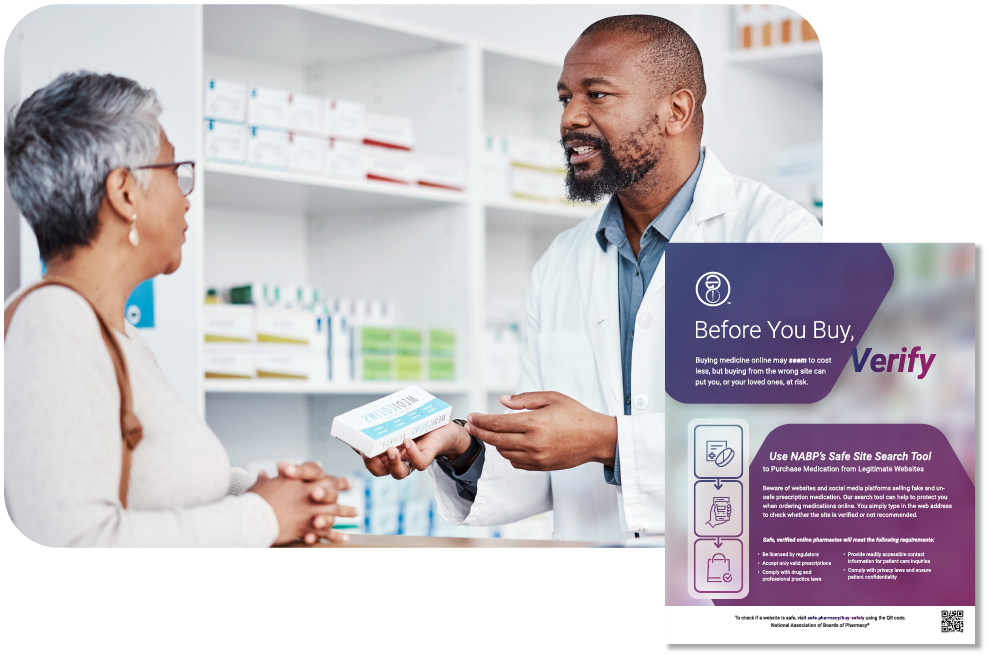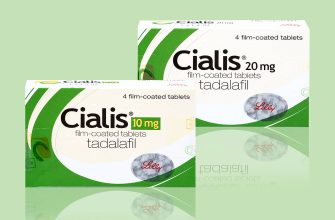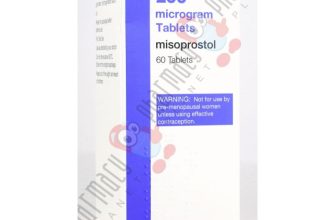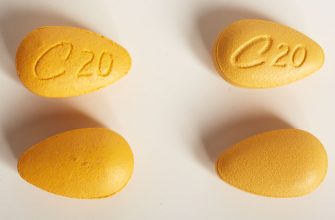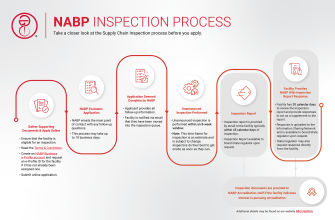Check the pharmacy’s license and registration. Look for verification on the website from a recognized authority like the National Association of Boards of Pharmacy (NABP) in the US or equivalent organizations in other countries. This confirms they’re operating legally.
Inspect their physical address. A legitimate pharmacy will have a verifiable street address. Avoid pharmacies with only PO boxes or vague locations. Use Google Maps to check for a corresponding business.
Examine their contact information. Reliable pharmacies provide multiple contact methods: phone number, email address, and possibly a live chat feature. Scrutinize the responsiveness of their customer support. Slow or non-existent replies raise red flags.
Review online reviews and testimonials. Look for independent reviews on sites like Trustpilot or Yelp, not just those on the pharmacy’s website. Pay attention to recurring themes in feedback – both positive and negative.
Verify their security practices. Legitimate online pharmacies use HTTPS (the padlock icon in your browser’s address bar) and clearly explain their data privacy and security measures. They’ll protect your personal and payment information.
Scrutinize their medication sourcing. Ask them about the origin and quality of their drugs. Reputable pharmacies readily provide this information and are transparent about their supply chain.
Compare prices cautiously. Prices significantly lower than competitors might indicate counterfeit drugs. Moderate pricing often reflects better quality control and authentic medication.
Finally, consult your doctor or pharmacist. They can advise you on reliable online pharmacies and help you avoid potential risks. Always disclose any online pharmacy use to your healthcare provider.

